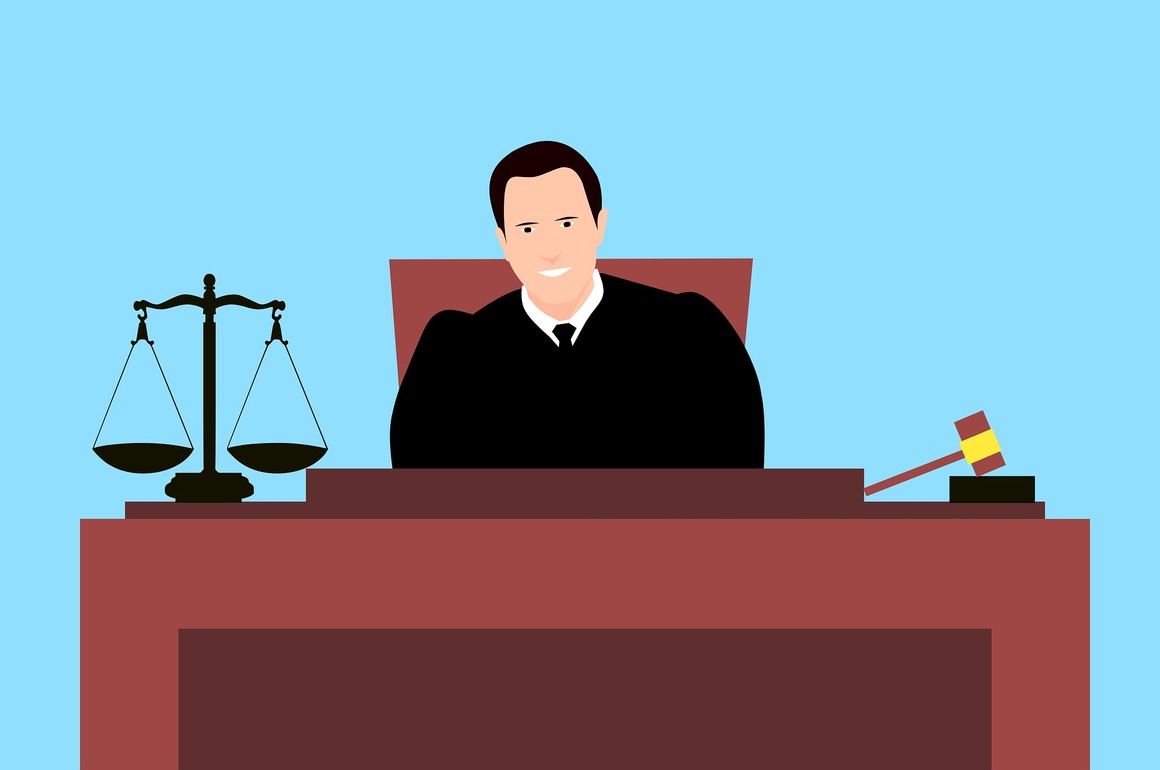White-collar crimes are a unique area of law that the general public is well aware of thanks to media coverage of some of the highest profile cases. The average person’s perception of white-collar crime is formed through such media, and often clouded with misconceptions. One of the most significant of these misconceptions is the public’s view of how white-collar crimes are punished by federal and Texas courts.
Understanding the Penalties for White-Collar Crimes
Despite the general belief that penalties for white-collar crimes are approached with leniency, such criminal activities are subject to serious punishment under both Texas and federal law. Depending on the type of criminal act committed, penalties for white-collar crimes generally follow those for federal felonious offenses. This enables the possibility of facing years of incarceration in either a state or federal prison, along with hefty fines and restitution – and this doesn’t touch on the difficulties of rebuilding a life once the sentence is served.
The United States Sentencing Commission outlines the sentencing guidelines that a judge must follow when issuing penalties following a conviction, establishing maximum, minimum, and alternative sentences for each criminal activity. Sentencing guidelines for white collar crimes can be found in Chapter 2 – Part B, under basic economic offenses. (1)
Under these guidelines, a convicted white-collar criminal can be sentenced for a term of up to 20 years for a baseline offense of larceny, fraud, forgery, or other crimes involving counterfeit instruments. Keep in mind that this guideline is for a baseline offense, meaning that other elements in a case could elevate the crime category by one or more levels.
The judge will take into consideration the baseline offense, and any contributing factors. For example, the monetary amount of loss to victims is a factor that determines the sentencing outcome. A judge uses a scale published by the United States Sentencing Commission to determine how many levels to add to the crime, up to a maximum of 30.
Other factors that may affect the sentencing outcome in a white-collar crime case include the number of victims involved, how much financial hardship was sustained by the victims, whether the criminal act involved direct theft, or if it involved a federal healthcare offense. These are just a few examples among a long list of contributing factors that are taken into consideration during sentencing.
Examples of White-Collar Crimes
White collar crimes are different from other criminal charges handled on the state or federal level. White collar crime is a term used to describe criminal activity that is non-violent in nature and financially motivated, although there are situations where violent offences are committed in connection with such crimes. Examples of white-collar crimes include:
- Embezzlement
- Public corruption
- Insider trading
- Tax evasion and tax fraud
- Mortgage and real estate fraud
- Healthcare fraud
- Internet crimes
- Identity theft
- Bribery
- Intellectual property theft
- Government bid rigging
This list is far from exhaustive but provides a general idea of the range of crimes that fall under the umbrella of white-collar criminal activity, as defined by the Federal Bureau of Investigations (FBI).
In regard to sentencing for white-collar crimes, it is true that there are some inconsistencies in how the convicted are penalized by judges in the state of Texas. Judges have it within their power to issue lighter, or alternative sentences, if they feel it is in everyone’s best interest. Those who commit white-collar crimes fit a different criminal profile, and often pose no threat to public safety. In cases where the criminal acts committed were relatively minor, a first offense, or where the defendant is not believed to be a risk for committing future crimes, a judge may issue penalties that include fines, restitution, work release, or community service.
When to Contact a White-Collar Crime Attorney in Dallas The time to contact
is the moment you discover you are potentially under investigation or involved in a white-collar crime case. Having an experienced attorney by your side to defend your case can make all the difference in whether you’re convicted of a white-collar crime, and the penalties you might face. Remember that anything you say in a white-collar criminal investigation can later be used against you. Protect yourself by reaching out to an experienced defense attorney in Dallas today.
Sources
| Find us on Google in Dallas TX | Telephone: (214) 720-9552 |
White-Collar Crime Attorney in Dallas
https://www.brodenmickelsen.com/
***ATTORNEY ADVERTISING***
Prior results cannot and do not guarantee or predict a similar outcome with respect to any future case.
This news has been published for the above source. Kiss PR Brand Story Press Release News Desk was not involved in the creation of this content. For any service, please contact https://story.kisspr.com.







